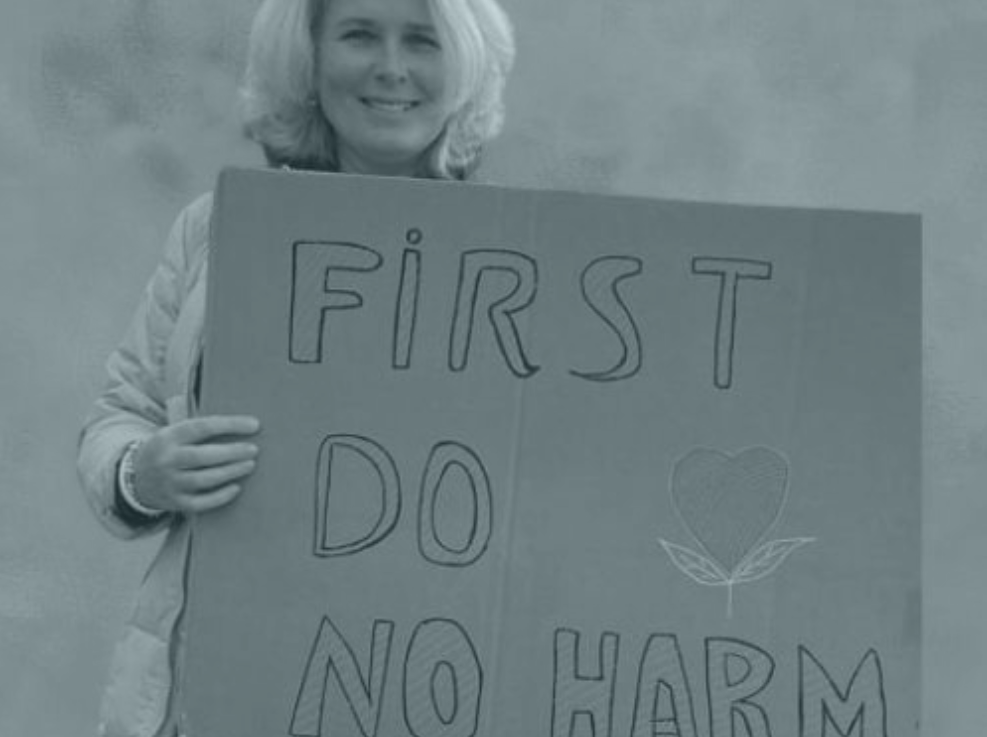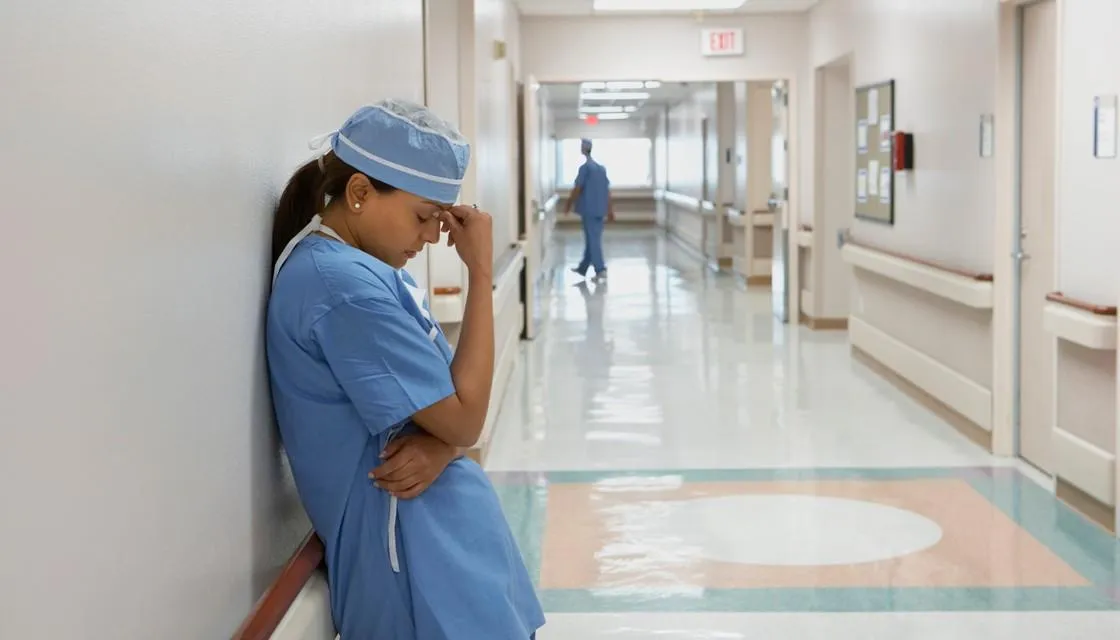Table of Contents
New Zealand Doctors Speaking Out with Science
Dr Elena Bishop, MD trained in both the Soviet Union and the USA before starting her first job as a pathologist in New Zealand years ago. Having experienced the turmoil in Russia in the ’90s while a medical student, she was excited to gain a fresh perspective on the world by relocating internationally, first to the USA, then later to New Zealand, this time with a young family in tow.
Unjustly Treated
When the vaccine mandates were deployed, she did not expect that her position would require vaccination.

As a pathologist, her primary role was to examine slides and provide accurate diagnoses. The job did not require direct physical contact with patients or colleagues.
She even worked proactively with her private employer to facilitate working from home.
From her boss’ perspective the situation was looking positive…
“until the DHB [District Health Board] put their foot down and said, absolutely not. No unvaccinated employee can work from home.”
And she was shocked that her private employer could be dictated to, so heavily influenced that they wouldn’t even entertain alternatives.
Confident that it all was just a misunderstanding, she argued for her right to refuse treatment, as it’s an unalienable and fundamental principle of medical ethics.
But she was stonewalled.
“I have to say that when the mandates came, I just couldn’t believe it… And until the very last moment, until the very last day, I was like, ‘No, that can’t happen’. And it can’t happen to me. I’ve been with this company for 15 years. They know I’m a good employee. They say they appreciate me. I work hard. I get the job done. And I’m experienced. So certainly, [they] don’t want to lose somebody like that. This is madness! We just need a little bit of common sense and we’ll come to some accommodation that would suit everybody. But no, it just happened. It just happened and it wasn’t nice. I would say that even the reaction of my colleagues was not nice. They acted like it was all my fault and they essentially offended me on the way out. I won’t say how, but it was painful. It was just like being thrown out like a dog when you’re no longer needed.”
“It is very wrong. And I believe it traumatized me for life.”
Strain on the Healthcare System
The repercussions of Dr Bishop’s forced departure are being felt in the region where she worked.
Pathologists were already in short supply in New Zealand and her absence has increased the strain on colleagues and increased the time taken for patients to get their results. Some of these results will be new cancer diagnoses and delayed results can lead to delayed treatment and potentially worse outcomes.
Employment dramas, however, were not the only issue Dr Bishop was facing.
Medical Ethics and Right to Refuse Treatment
In addition to the challenges with her own work situation, Dr Bishop was concerned about what the public were (or more importantly, weren’t) being told about the vaccine.
She felt people weren’t being provided with sufficient information to make an informed choice. So, she posted information on social media, made a video and spoke publicly.
“My main goal was to make sure that people get proper informed consent when they receive this medicine, which was still experimental. If they want to get it, yeah, go ahead and get it. But you just need to know what you get. At that point, the people that were selling it [the doctors and pharmacists], they didn’t know what they were giving. They had no idea. That was just wrong.”
She used her medical training and professional ethics to question vaccine efficacy, its effects on pregnant women, fertility, and long-term implications.
But publicly speaking and challenging the system provoked an investigation by the Medical Council with allegations of professional misconduct, threatening her career and her family’s future in New Zealand. It would appear that doctors who dared to introduce contrary opinions were quickly muzzled before their informed opinions could spread.
“In the beginning, the complaints were about my claims being unsubstantial and I was speaking out of my scope of practice. But at the end, they decided that I actually was speaking within my scope of practice because I’m a pathologist. And pathology includes the study of Virology and Immunology. So maybe after all, I did know what I was talking about.”
In any community that upholds free speech, a dialogue like that would be expected and encouraged. Even more so in the scientific community where that forms the basis of good science.
Even More Confusion
Dr Bishop was also investigated for standing against discrimination of unvaccinated children in school. That charge was later dropped because she didn’t identify herself as a doctor when speaking to the school board.
But in their letter, some startling revelations were made by the MCNZ Professional Conduct Committee:
“They said that the doctors are not obliged to agree with each other or government policy. That was news to me. I thought the whole idea was for the doctors to agree with the government policy, but yet in this letter in black and white, they say the doctors are not obliged to agree with government policy.”
Quiet Dismissal and Lack of Transparency
Eventually, the MCNZ quietly dismissed their complaints against her without informing her beforehand of the committee’s meeting date. Once they learnt she had left the country and never intended to work in NZ again, they wrapped up their investigation.
“They just decided to send me a re-education letter about how to conduct myself.”
Of Vital Importance
The story of Dr Bishop serves as a powerful reminder that, in the face of oppressive mandates, we must fiercely protect our right to control our own medical destinies.
The right to choose or refuse treatment is a fundamental human right, and the erosion of such rights has profound consequences for both healthcare professionals and the patients they serve.
Help us share the stories of our doctors worldwide!
After all, it was declared a global pandemic and these stories create an impact across borders.
We need your help to get to 10,000 shares on each social platform. Use the hashtag #stopthesilence and let’s drive awareness that it’s not over yet.









